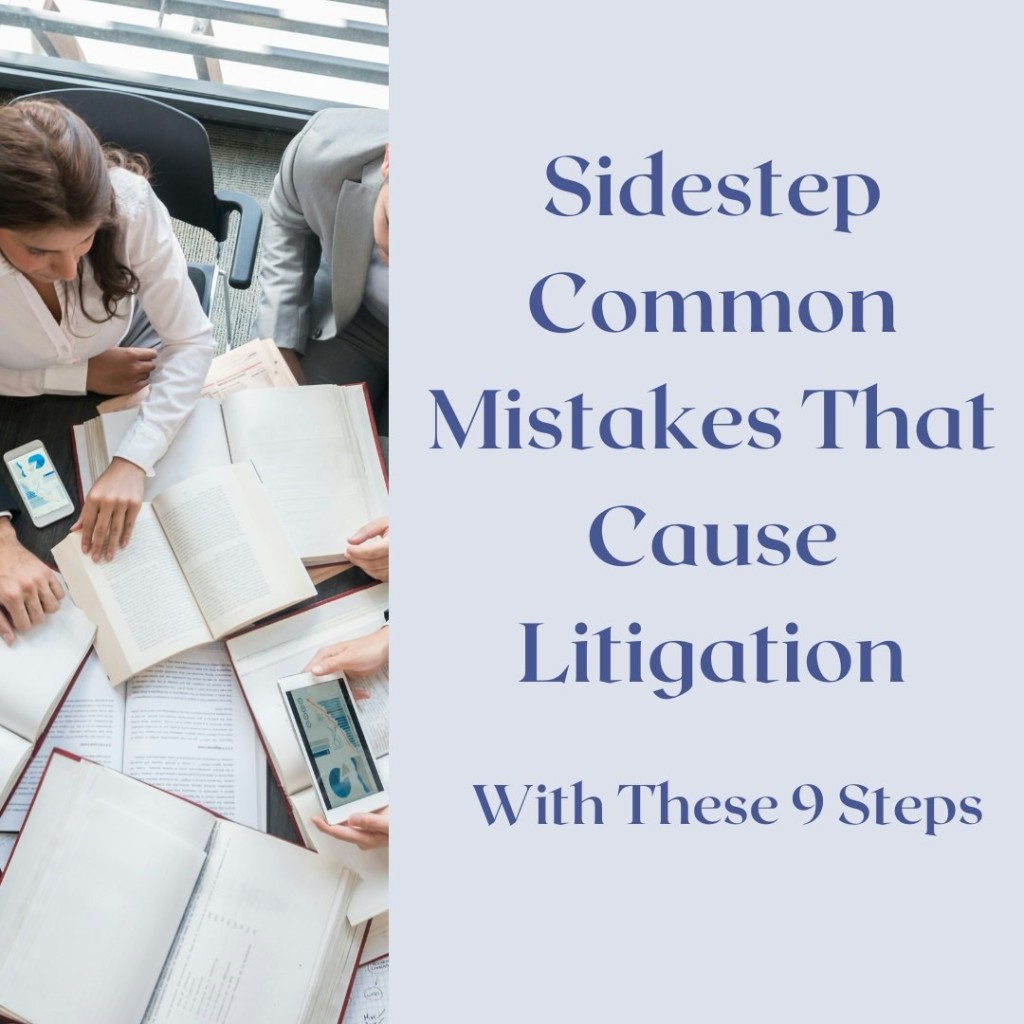
In recent years, there has been a growing emphasis on corporate transparency and accountability. Massachusetts, as a state known for its strong business environment, has taken significant steps to promote transparency within its corporate sector.
One of the key initiatives in this regard is the requirement for companies to disclose their financial information and corporate governance practices. This includes providing detailed reports on their financial performance, executive compensation, board composition, and other relevant information.
By implementing such measures, Massachusetts aims to foster trust and confidence among investors, shareholders, and the general public. Transparent corporate practices not only enhance accountability but also contribute to the overall stability and sustainability of the business ecosystem.
Furthermore, Massachusetts has established regulatory bodies and frameworks to ensure compliance with transparency standards. These bodies monitor and enforce regulations, conduct audits, and investigate any potential violations. This proactive approach demonstrates the state’s commitment to maintaining a fair and transparent business environment.
As a business operating in Massachusetts, it is crucial to prioritize corporate transparency. By adhering to the state’s regulations and voluntarily disclosing relevant information, your company can build a positive reputation, attract investors, and establish long-term relationships with stakeholders.
If you have any questions or require further information on corporate transparency in Massachusetts, I encourage you to reach out to the appropriate regulatory authorities or consult legal professionals specializing in corporate governance. You can contact our office through ravosalaw.com.
Thank you for your attention to this matter. Together, we can contribute to a more transparent and accountable corporate landscape in Massachusetts.
This is only intended to be information and does not constitute legal advice nor does it create any attorney-client relationship with the firm.







